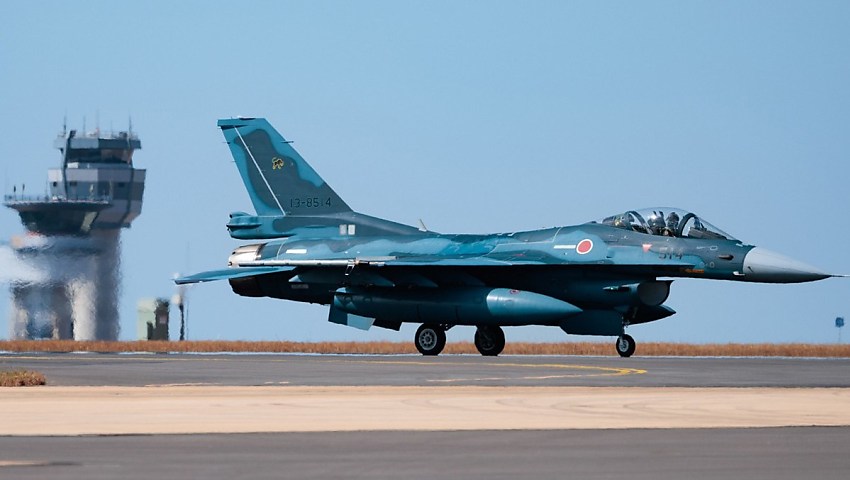Japan and the Republic of the Philippines have signed a new agreement expanding armed forces coordination and cooperation in a historic bilateral defence milestone for both countries.
Japanese Minister for Foreign Affairs Kamikawa Yoko signed the Japan-Philippines Reciprocal Access Agreement with Gilberto C. Teodoro Jr, Secretary of National Defense of the Republic of the Philippines, on 8 July.
The signing ceremony was also attended by the President of the Republic of the Philippines, Ferdinand R. Marcos Jr, Minister of Defense of Japan Kihara Minoru, and Secretary for Foreign Affairs of the Republic of the Philippines Enrique A. Manalo.
The new agreement allows and improves facilitation of reciprocal access and cooperation between the Self-Defense Forces of Japan and the Armed Forces of the Philippines. In addition, the agreement establishes procedures for the cooperative activities that are conducted by the forces of Japan and the Philippines while the force of one country is visiting the other country and defines a legal status of the visiting force.
It’s expected that the Japan-Philippines Reciprocal Access Agreement (RAA) will facilitate the implementation of cooperative activities, such as joint exercises and disaster relief between Japan and the Philippines and improve interoperability between the forces of the two countries.
The Philippines is the third country with which Japan signed the RAA, following Australia and the United Kingdom.
“Ministers discussed the current bilateral security environment and exchanged views on regional issues including the situation in the East China Sea, South China Sea, Taiwan, and the Korean Peninsula,” according to a joint press release published regarding the 2nd Philippines-Japan Foreign and Defense Ministerial Meeting.
“Ministers emphasised the need for the international community to speak out on the importance of maintaining and strengthening the free and open international order based on the rule of law. The ministers strongly opposed any unilateral attempts to change the peacefully established status quo by force or coercion.
“Ministers underscored their unwavering commitment to freedom of navigation and overflight consistent with UNCLOS and expressed serious concern over the dangerous and escalatory actions by China at Second Thomas Shoal, which obstructed freedom of navigation and disrupted supply lines, thus increasing tensions.
“The Philippines appreciated Japan’s consistent support on the various incidents which constitute destabilising conduct. The Philippines and Japan decided to continue coordination in promoting the adherence to international law, in particular UNCLOS, and through various related initiatives, and called on China to abide by the final and legally-binding 2016 Arbitral Award on the South China Sea.
“Ministers reaffirmed the importance of peace and stability across the Taiwan Strait and called for a peaceful resolution of cross-Strait issues. Ministers reiterated their commitment to achieving the complete, verifiable and irreversible dismantlement of all weapons of mass destruction and ballistic missiles of North Korea and emphasised the importance of the full implementation of the relevant United Nations Security Council Resolutions. The ministers also urged North Korea to immediately resolve the abductions issue.”
The joint statement also outlined Japan’s decision to grant aid for coastal surveillance radar systems to enhance the capabilities of the Armed Forces of the Philippines, continued cooperation on strengthening maritime and air domain awareness, promotion of military interoperability, cooperation on defence equipment and technology, promotion of cooperation on cyber security and trusted telecommunications networks (open radio access network), and the continuing commitment of Japan and the Philippines to a world without nuclear weapons and promoting the commencement of negotiations for a Fissile Material Cut-Off Treaty.



